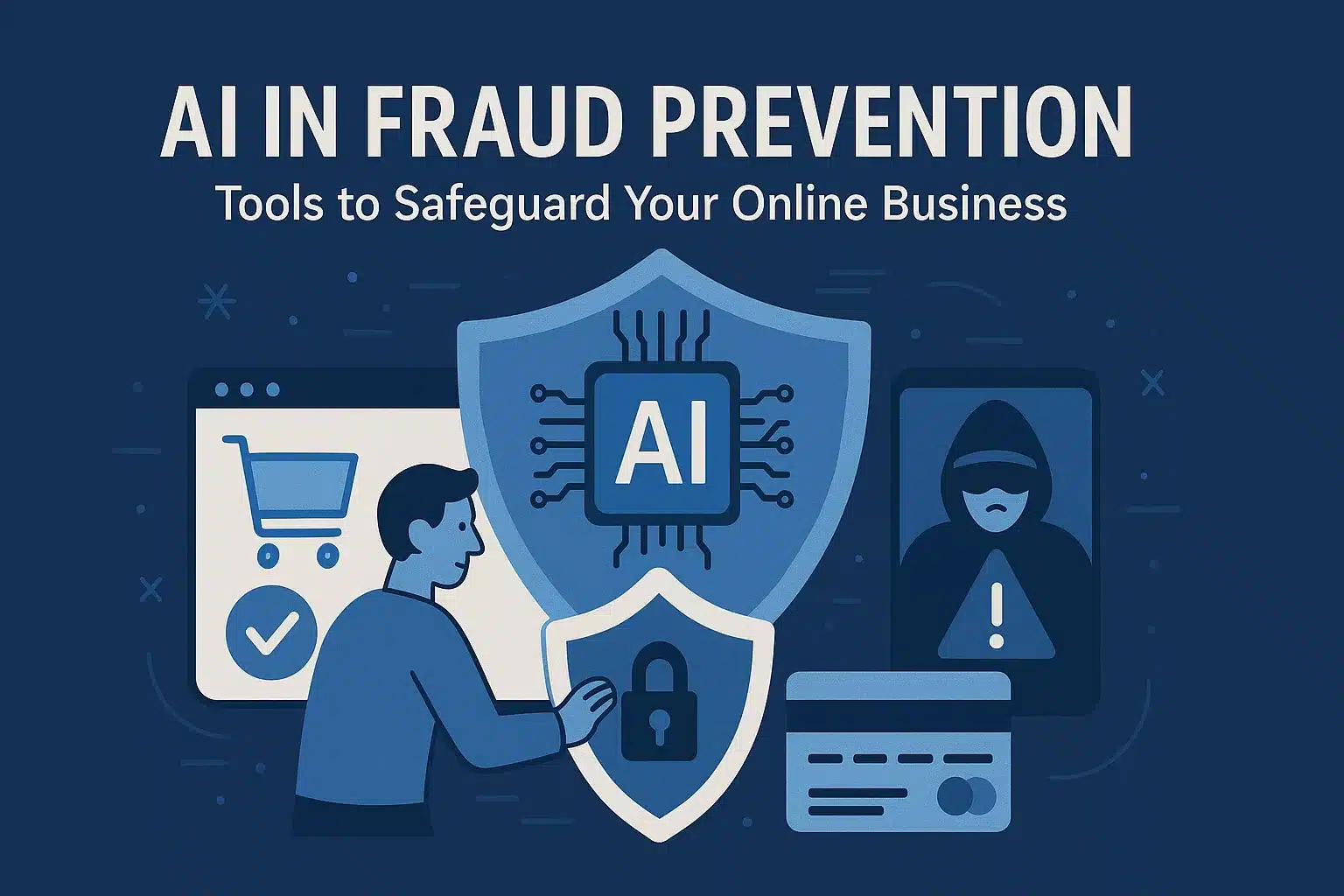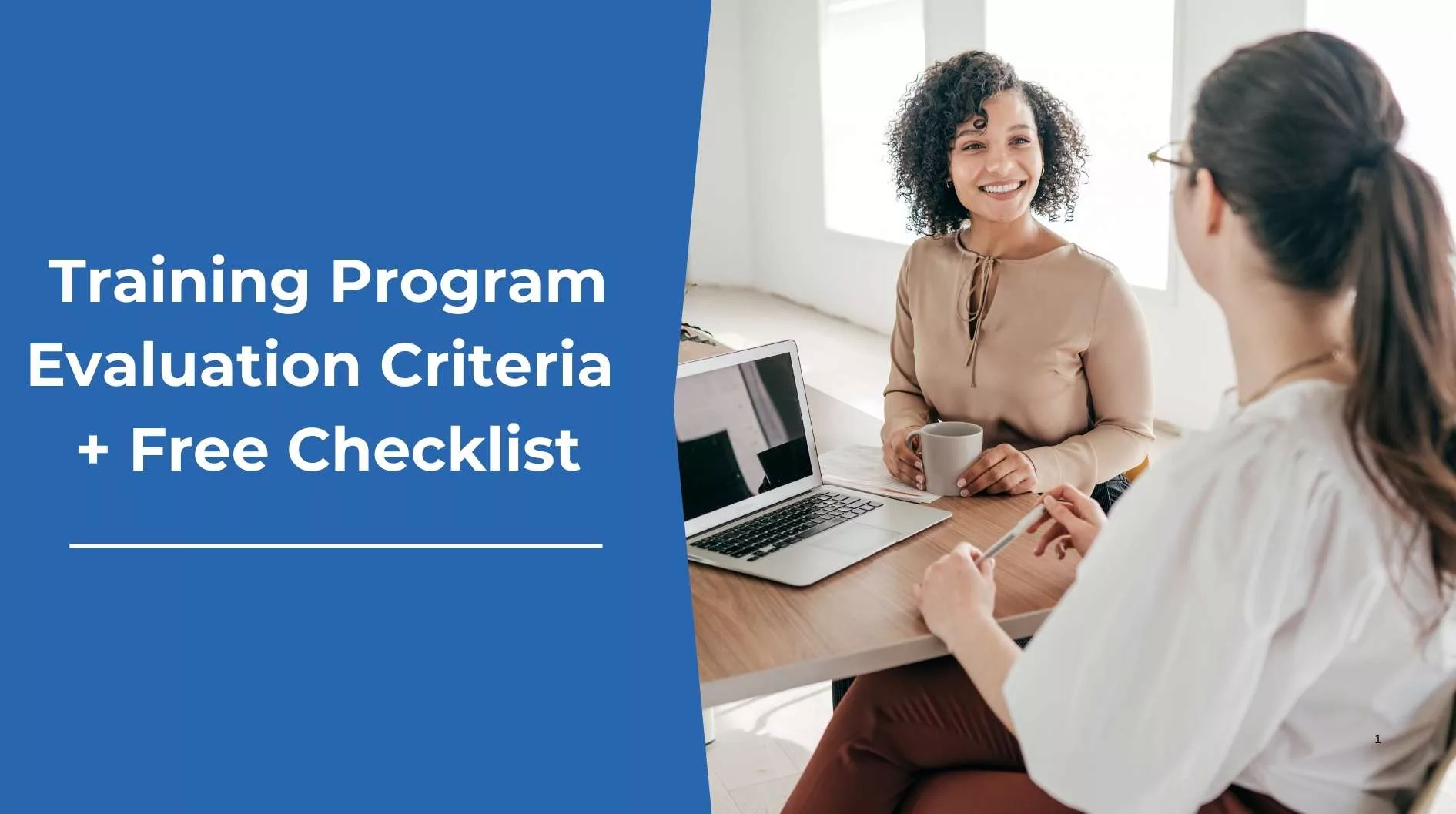The problem here, obviously, is not Facebook itself. After all, the learning system misconduct possible online (cheating, posting answers, working collaboratively on work meant to be completed individually) is also possible in libraries, dorms, cafés, etc. Facebook is merely just another space for students to do what they do, whether it’s the creation of an honest collaborative learning system, or merely a platform for answer-swapping.
In the final seven-page ruling, the engineering faculty appeals committee found no proof the Facebook site actually led to cheating by any of its 147 users. Avenir was given a zero on part of his mark (which did not bring him below the passing line) and the requirement of taking an academic integrity workshop. “Maybe every student should have to go to this kind of workshop,” Avenir commented. Whether it’s a virtual learning system or a face-to-face one, students need to be aware of the rules and abide by them.
————–
Coggno.com is a leading provider of premier online personal development training.


















